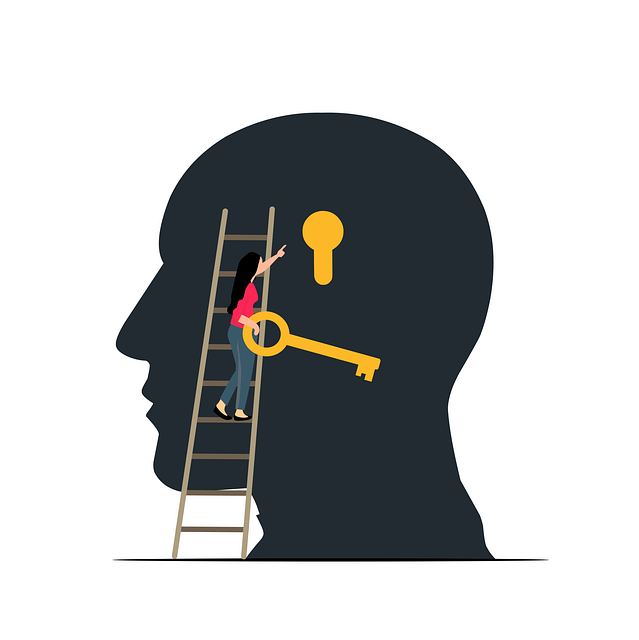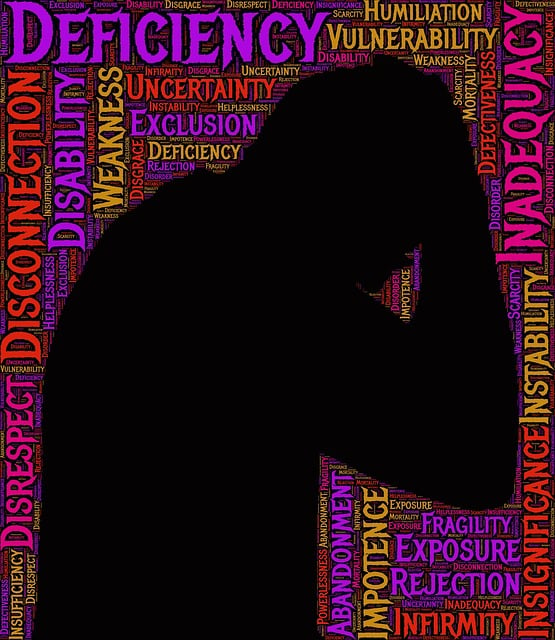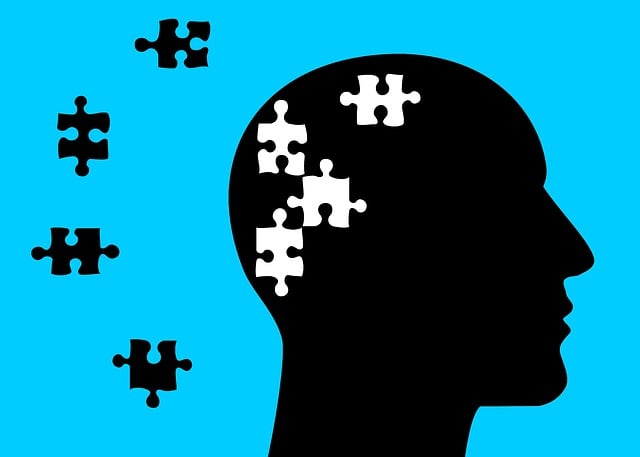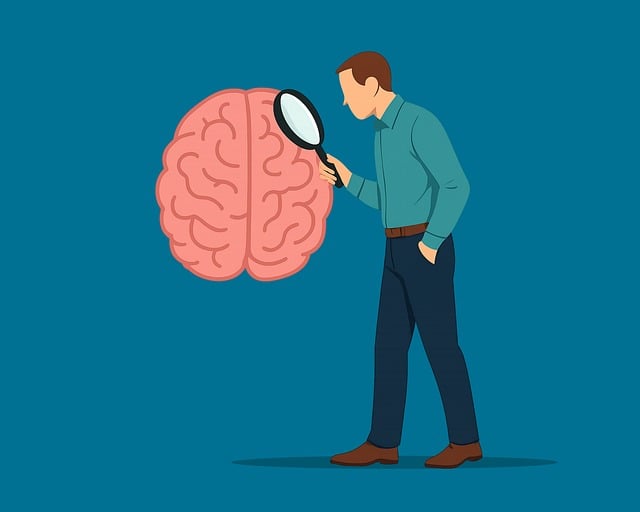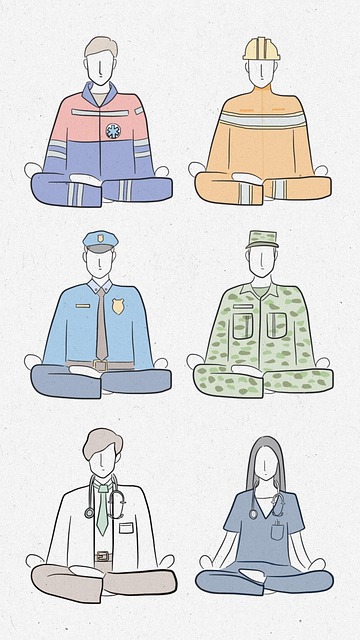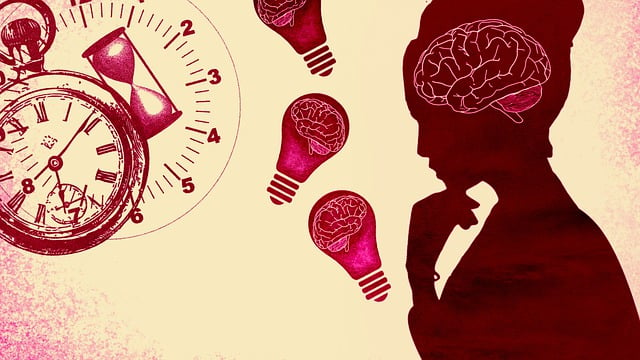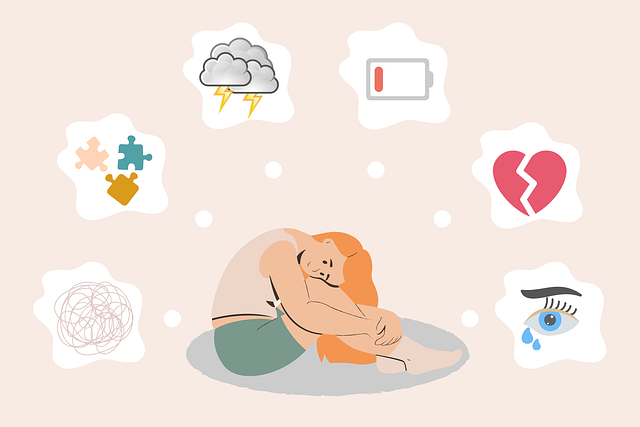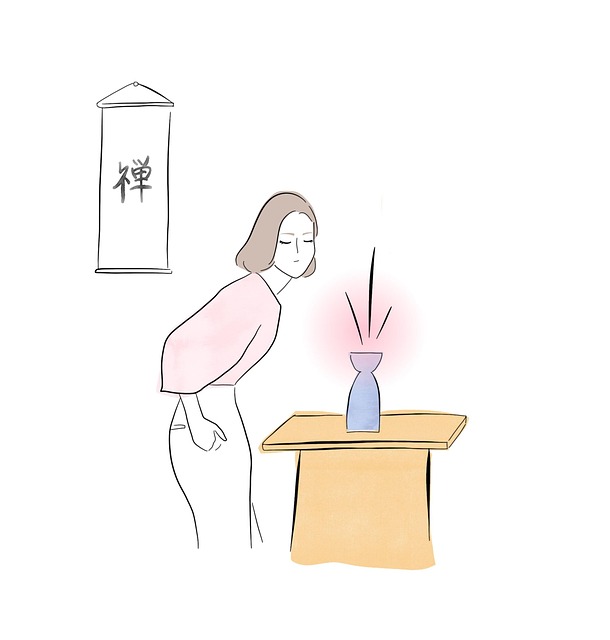Lone Tree Stress Management Therapy leads in culturally sensitive mental healthcare by recognizing diversity as an integral part of their approach, rather than a mere consideration. They integrate Mind Over Matter principles, Emotional Intelligence, and inclusive communication strategies to create safe spaces where individuals from various ethnic, cultural, and socioeconomic backgrounds feel empowered to share. Through public awareness campaigns, ongoing self-reflection, and culturally relevant techniques, Lone Tree builds trust, enhances therapeutic outcomes, and promotes holistic well-being for all clients.
In today’s diverse society, cultural sensitivity in mental healthcare is paramount. The ability to understand and respect different cultural beliefs and practices significantly impacts therapeutic outcomes. This article explores key aspects of providing culturally competent care, featuring the innovative approaches of Lone Tree Stress Management Therapy. We delve into successful case studies, highlighting strategies that bridge cultural gaps and foster effective treatment for all.
- Understanding Cultural Diversity in Mental Healthcare
- The Impact of Cultural Sensitivity on Therapeutic Outcomes
- Challenges in Providing Culturally Competent Care
- Strategies for Integrating Cultural Sensitivity in Therapy Practices (Lone Tree Stress Management Therapy)
- Case Studies: Successful Cultural Sensitive Approaches in Mental Health
Understanding Cultural Diversity in Mental Healthcare

In the realm of mental healthcare, recognizing and embracing cultural diversity is no longer a consideration but an imperative. The landscape of therapy is evolving to cater to folks from various ethnic, cultural, and socioeconomic backgrounds, each bringing their unique experiences, beliefs, and communication styles. For instance, Lone Tree Stress Management Therapy has tailored its approach to serve this diverse population, understanding that one-size-fits-all methods may not resonate with everyone. By incorporating Mind Over Matter principles and fostering Emotional Intelligence, therapists create a safe and inclusive environment where individuals feel heard and understood.
Cultural sensitivity involves navigating the intricate web of personal values, traditions, and community influences. Public awareness campaigns play a pivotal role in educating both healthcare providers and the general public about these nuances. By increasing understanding and empathy, these initiatives ensure that mental healthcare practices are not just accessible but also culturally responsive. This shift is crucial for fostering trust, encouraging open dialogue, and ultimately improving therapeutic outcomes for all individuals seeking support.
The Impact of Cultural Sensitivity on Therapeutic Outcomes

Cultural sensitivity plays a pivotal role in shaping the effectiveness of mental healthcare practices and ultimately, therapeutic outcomes. When therapists adapt their approach to consider the cultural background and beliefs of their clients, it fosters a deeper level of trust and understanding. This is especially crucial for individuals seeking services from Lone Tree Stress Management Therapy, where diverse populations may have varying perspectives on mental health and well-being.
Effective communication strategies that incorporate cultural sensitivity can significantly enhance the client-therapist relationship. By employing inclusive practices and being mindful of non-verbal cues, therapists can create a safe space for clients to express their unique experiences. This, in turn, enables the exploration of underlying issues related to stress and promotes the implementation of tailored Stress Reduction Methods that resonate with each individual’s cultural identity. Mental Health Awareness initiatives that incorporate cultural sensitivity also contribute to breaking down barriers and promoting holistic well-being within diverse communities.
Challenges in Providing Culturally Competent Care

Providing culturally competent care in mental healthcare presents unique challenges, particularly when addressing the diverse needs of individuals from various cultural backgrounds. These differences can significantly impact the way clients perceive and engage with therapy, requiring Lone Tree Stress Management Therapy professionals to adapt their practices accordingly. For instance, different cultures may have distinct concepts of mental illness, emphasizing spiritual or community-based remedies over traditional Western psychological treatments.
Understanding these cultural nuances is crucial for fostering trust and building effective therapeutic alliances. Emotional Well-being Promotion Techniques that resonate with a client’s cultural identity can enhance engagement and adherence to treatment plans. Moreover, recognizing and addressing potential language barriers and incorporating culturally sensitive communication styles are essential steps in preventing Burnout among healthcare providers while initiating successful Emotional Healing Processes.
Strategies for Integrating Cultural Sensitivity in Therapy Practices (Lone Tree Stress Management Therapy)

Incorporating cultural sensitivity into therapy practices is a multifaceted approach that requires ongoing self-reflection and adaptation. At Lone Tree Stress Management Therapy, we emphasize the importance of understanding and respecting diverse cultural backgrounds, beliefs, and values to create a safe and supportive environment for all clients. This involves proactive steps such as encouraging open dialogue about cultural identities, providing self-awareness exercises tailored to recognize unconscious biases, and integrating culturally relevant techniques into treatment plans.
Therapists are trained to offer crisis intervention guidance that respects the client’s cultural context, ensuring that support is provided in a manner that resonates with their unique background. This may involve adjusting communication styles, incorporating traditional healing practices when appropriate, and adapting problem-solving strategies to align with cultural values. By fostering a culturally sensitive practice, Lone Tree Stress Management Therapy aims to enhance therapeutic outcomes and create an inclusive space where every individual feels heard and valued.
Case Studies: Successful Cultural Sensitive Approaches in Mental Health

In various cultural contexts, mental healthcare practices have seen remarkable success through culturally sensitive approaches. For instance, at Lone Tree Stress Management Therapy, therapists employ tailored strategies to address the unique needs of diverse clientele. By incorporating elements like Resilience Building and Mindfulness Meditation, they create safe spaces that respect and understand clients’ backgrounds and beliefs.
One successful case involves a refugee client who struggled with cultural barriers and trauma. Therapists utilized a strengths-based approach, emphasizing the client’s resilience and incorporating traditional healing practices from their home country. This holistic method not only enhanced the therapeutic process but also fostered deep trust and understanding, leading to significant improvements in mental health outcomes.
Mental healthcare professionals play a vital role in fostering equitable access to care, and cultural sensitivity is a cornerstone of this process. By understanding diverse cultural contexts, practitioners can significantly enhance therapeutic outcomes, as evidenced by successful approaches like the Lone Tree Stress Management Therapy. Overcoming challenges through culturally competent strategies not only improves individual patient experiences but also contributes to a more inclusive and effective mental healthcare system. These practices ensure that folks from all backgrounds can receive tailored support, leading to improved well-being and a stronger community tapestry.


